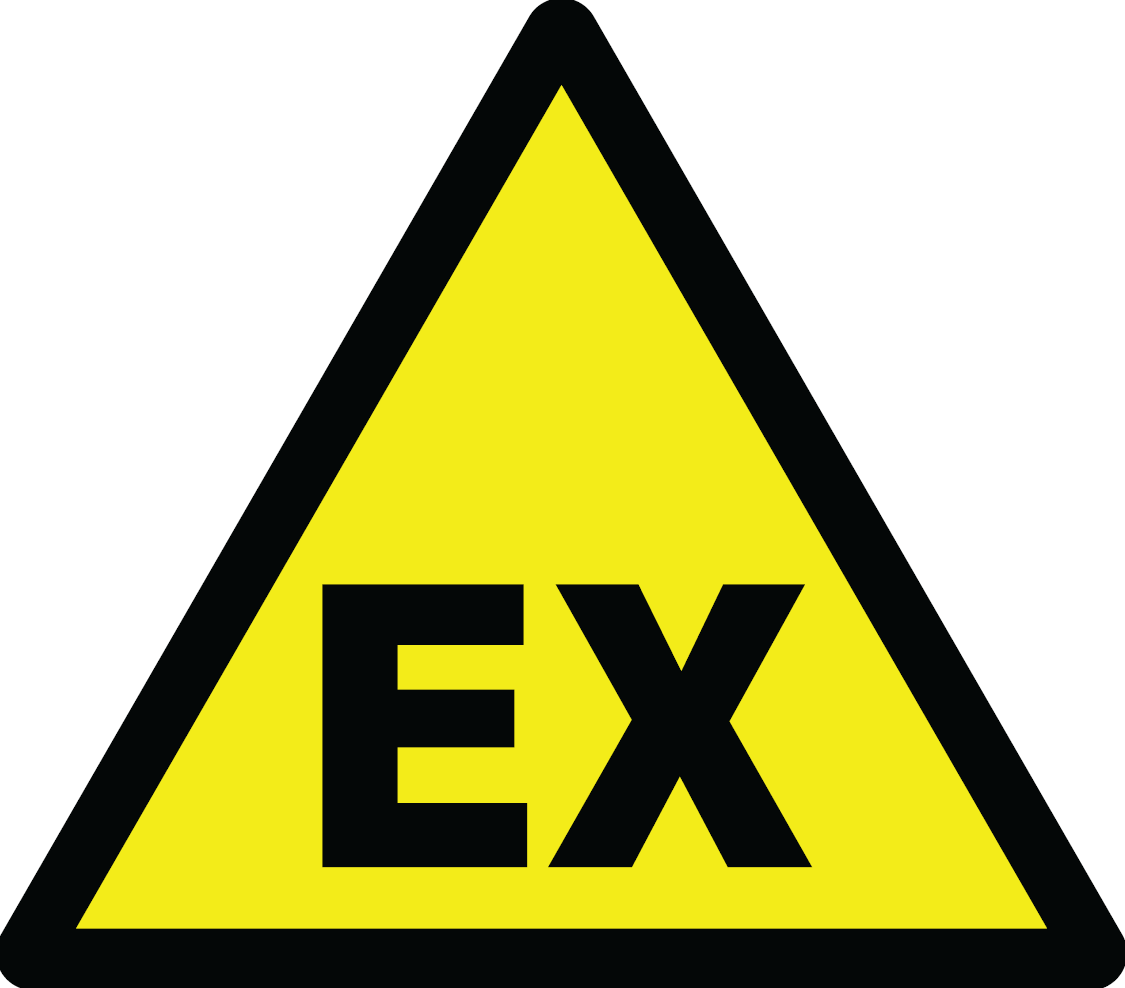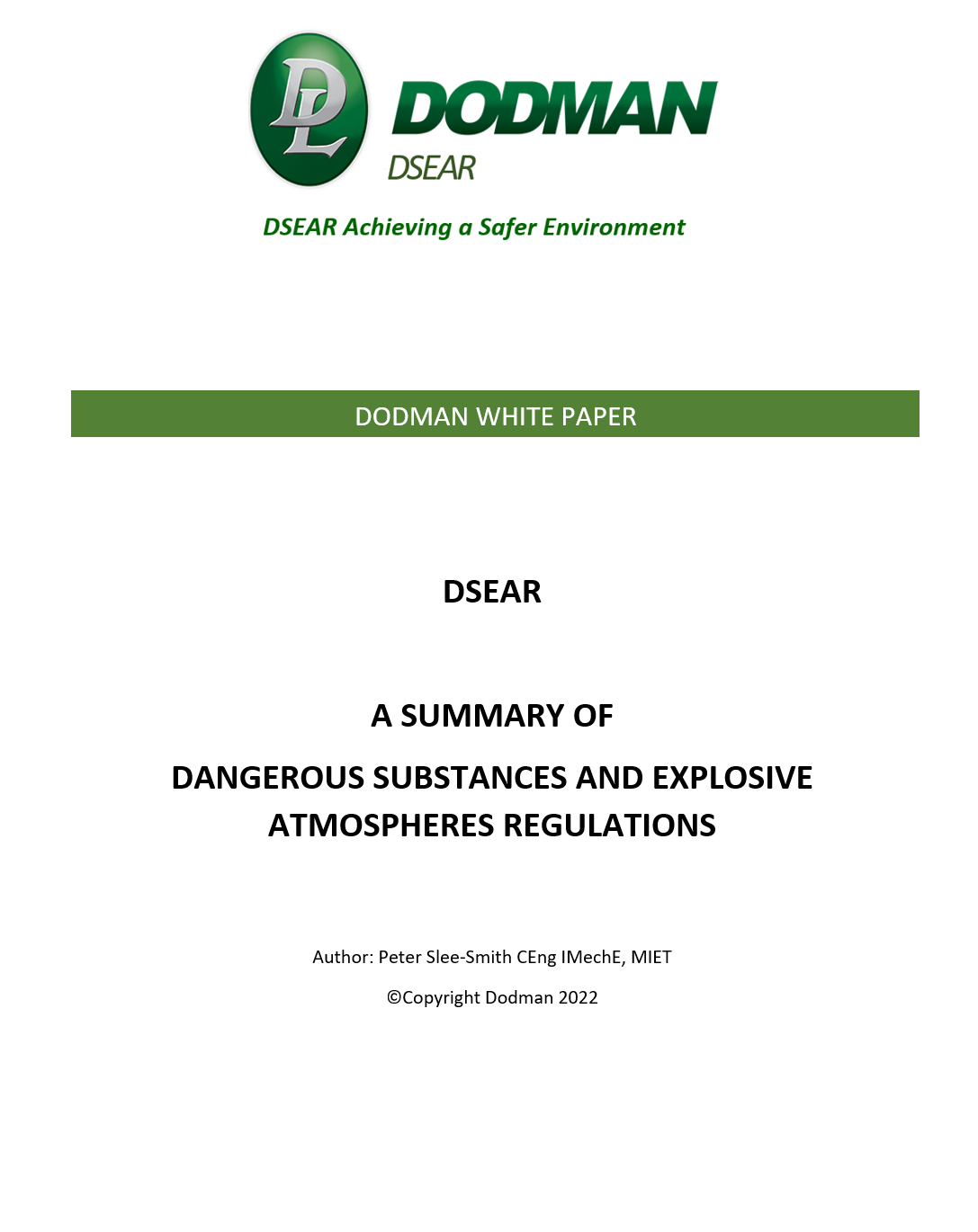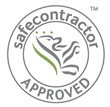

We help UK Food Processing companies implement DSEAR compliant systems to reduce the risk of fire or explosion
DSEAR compliance can be complex
Requires detailed knowledge of the regulations
You need to perform a thorough risk assessment
Prove the reduction of risk to as low as reasonably practicable
Implement the solution with minimum disruption to production
We can help remove the complexity of DSEAR implementation
Experienced qualified consulting engineers
Extensive design capability
We will provide a documented risk assessment and design that proves the risk has been reduced as low as reasonably practicable.
Food quality manufacturing
Qualified installation team
We have more than 30 years of experience working in the food industry

In 2020 there were 165 fires, 60 explosions, 86 serious injuries and 10 fatalities directly attributed to combustible dust
Dangerous substances are materials that, if not adequately controlled, cause harm to people due to fire or explosion. In the United Kingdom, the employer is responsible for implementing DSEAR enforced by the Health and Safety at Work Act 1974.
Download a helpful free DSEAR summary guide







